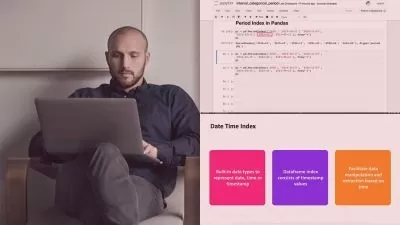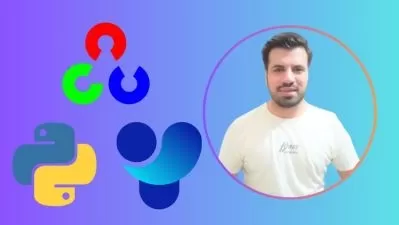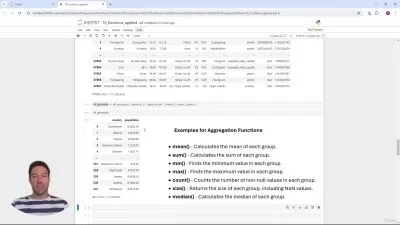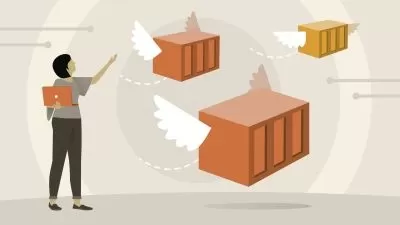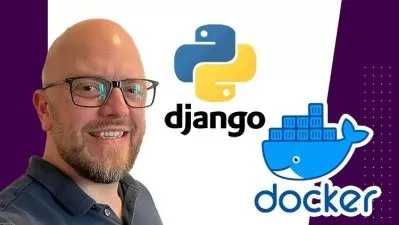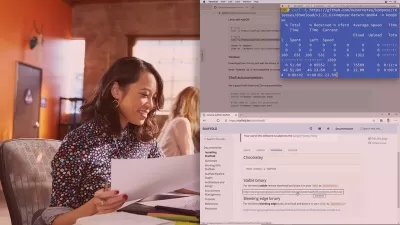Python in Containers
Kris Celmer
23:47:16
Description
Docker and Kubernetes are must-have skills for Python engineers these days. Whether your focus is on machine learning and data science or you use Python as a general programming language, you must understand Docker and Kubernetes, as they form the basis of modern cloud-native applications built using microservice architectures. In this course, you’ll learn to do the following: • Develop and explore machine learning, data science, and Jupyter Notebooks in Docker • Run machine learning models in production with Kubernetes and Docker Swarm • Package your Python code into containers • Publish your containers in image registries • Deploy containers to production, both in Docker and Kubernetes • Build highly modular, container-based services in a microservices way • Monitor and maintain containerized apps You can use the course in two ways: • If you use Python for machine learning and data science, go top-down - start with section 7 to quickly develop practical Docker skills and use sections 2 to 6 to delve deeper into specific container topics • If you want to use Python for building web apps and microservices, try the bottom-up approach - use the course in a linear way All the resource files are uploaded on the GitHub repository at https://github.com/PacktPublishing/Python-in-Containers
More details
User Reviews
Rating
Kris Celmer
Instructor's Courses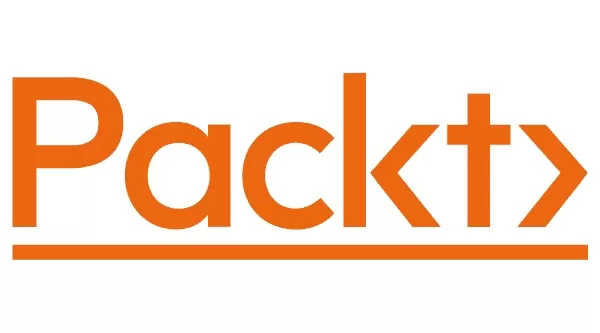
PacktPub
View courses PacktPub- language english
- Training sessions 114
- duration 23:47:16
- Release Date 2024/03/15






